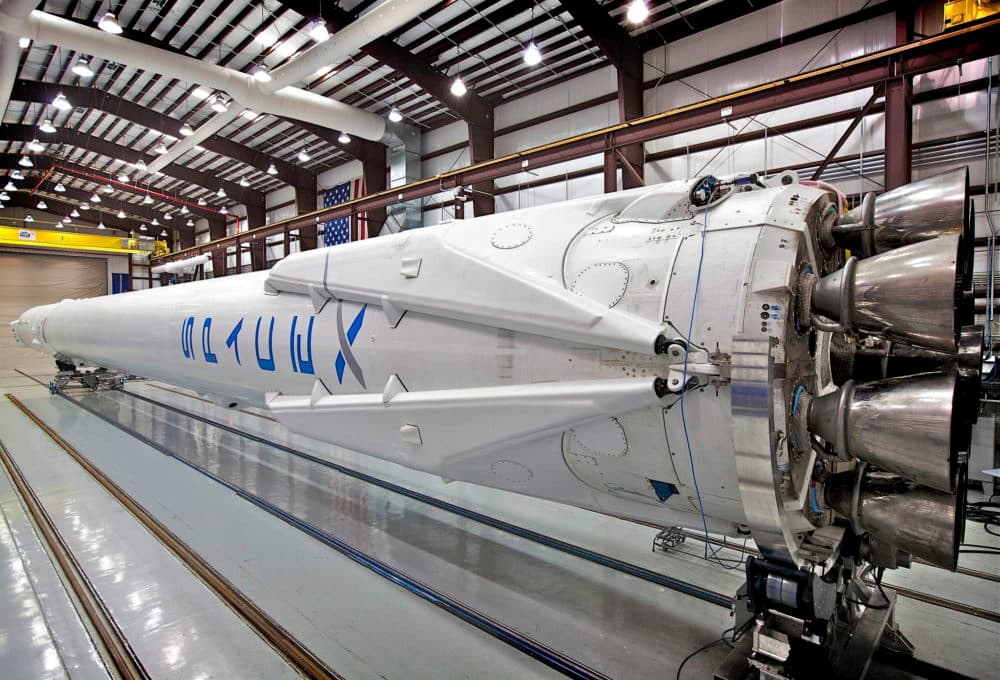
After months of investigation into the September explosion that destroyed a $200 million satellite, Elon Musk’s SpaceX has postponed its next launch to January 2017. But according to the Federal Aviation Authority, even that may be too soon.
SpaceX lost a Falcon 9 rocket and its $200 million payload during a September prelaunch explosion that CEO and founder Elon Musk referred to on Twitter as “the most difficult and complex failure we have ever had in 14 years.”
Since then, SpaceX has postponed its next launch several times, most recently from Dec. 16 to January, amid an investigation into the accident.
Back in October, the investigation identified the cause of the explosion: a breach in the cryogenic helium system of the Falcon 9 rocket’s second stage oxygen tank. SpaceX announced Wednesday that the investigation is nearing completion, although they are still attempting to determine what exactly caused the breach.
“We are finalizing the investigation into our September 1 anomaly and are working to complete the final steps necessary to safely and reliably return to flight, now in early January with the launch of Iridium-1.”
For its next launch, SpaceX has partnered with Virginia-based Iridium to put into low-earth orbit 10 mobile communications satellites--the first of a constellation of 70 planned to launch through the end of 2018.
But SpaceX’s launch forecast may still be premature.
“They have not completed their investigation and therefore they do not have an (FAA launch) license,” an FAA spokesperson told Wired.
In order to grant SpaceX a launch license, the FAA “needs inspectors in place, we have to have air traffic control aware, we have to review payload,” the spokesperson said. “It could take a little while.”
In the meantime, SpaceX is falling behind their launch schedule and Centennial-based United Launch Alliance is maintaining its lead. ULA has completed three launches on its Atlas V rocket and one on its Delta IV rocket in the time its taken for SpaceX to conduct its investigation. ULA has another launch scheduled for Dec. 18.
United Launch Alliance is a joint venture between Lockheed Martin Space Systems and Boeing Defense, Space & Security. The Centennial-based partnership formed in December 2006 to provide launch services to the U.S. government.
Multimedia business & healthcare reporter Chloe Aiello can be reached via email at [email protected] or twitter.com/chlobo_ilo.
Subscribe to Denverite’s newsletter here.












